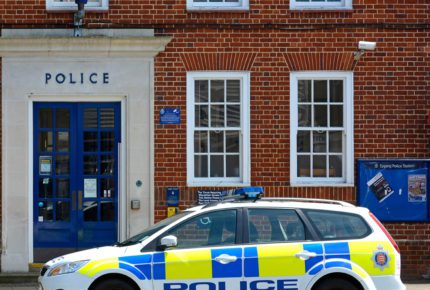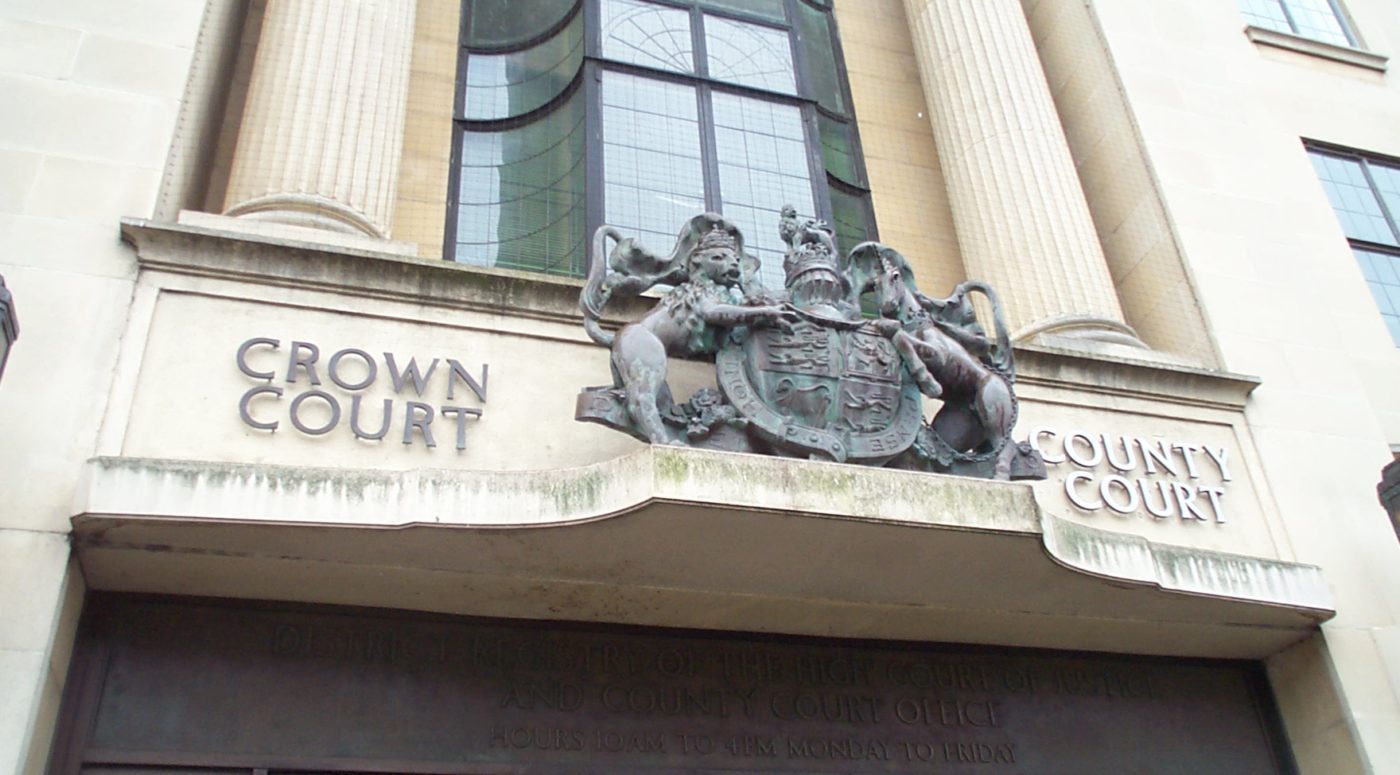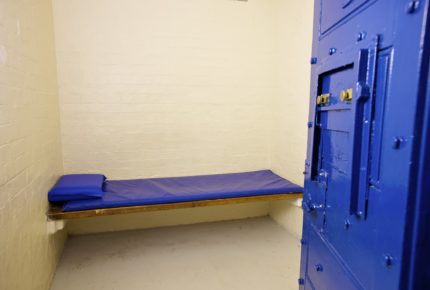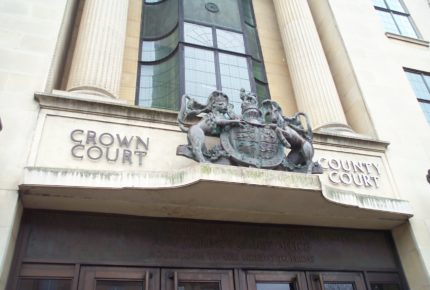

Being charged with a crime can be a stressful and confusing experience. Not only must you deal with the complexities of the criminal justice system and the wealth of – often contradictory – information that is thrown at you, but you also have to find ways to cope with the personal, familial, and emotional repercussions of the situation. One means of managing this turmoil is taking time to understand the criminal justice process, and for many the question that’s at the top of their minds is: ‘How long after being charged does it take to go to court?’ Read on to discover more about the criminal charging process in the UK and get a clear understanding of the timeline and average waiting periods.
What type of crimes are charged?
It may sound quite strange, but sometimes the police know about a crime having been committed but no charges are issued. Sometimes this even happens when the police know who committed the offence.
In the vast majority of cases, this occurs when the case involves a minor crime, such as a first-time possession of a very small amount of an illegal substance, participation in a street brawl where no-one was seriously hurt, or trespass over someone’s property where no damage was actually done.
In these instances, rather than charging the person or people involved in the crime, the police can issue a caution, a warning, a fine (penalty notice), or a community resolution. The police may even require a more ‘informal’ settlement of the matter by demanding that the alleged perpetrator(s) make an apology to the victim(s) of the crime.
Most of the time, however, when it is in the public interest to prosecute (in other words, when there is any degree of seriousness to the crime (i.e. someone was or could have been hurt, or property was damaged)) and where there is sufficient evidence; the police will submit the case to the Crown Prosecution Service (CPS). The CPS are the ones who will ultimately decide whether to charge those involved.
What is the criminal charging process in the UK?
To understand how long after being charged it takes to go to court, you should first be aware of the overall criminal charging process in the UK. Once you see how the steps of the process fit together, it is much easier to anticipate which stage of the process you are at and how long might be left before your court date.
-
Receiving your charge sheet
The first step in the criminal charging process is the charge sheet. When the police investigate a crime, they work closely with the CPS to decide which offences are to be charged and which can be dismissed (usually for lack of evidence or severity, as explained above). If the CPS advises that a case can be prosecuted, they will decide exactly what you will be charged with and this information will be conveyed to you on a charge sheet. The charge sheet details the offence(s) you are accused of committing and will specify whether you are to be kept in police custody until your court date or released to go home under investigation or on bail.
-
Awaiting your court date
If you are kept in police custody, you will be presented to the magistrates’ court usually the next day, unless it is a Sunday, in which case the earliest sitting day for court is Monday. Unfortunately, even if you did not commit the crime, there is little you can do about this fact unless someone else confesses to the crime or sufficient new evidence proves your innocence. Those who are kept in custody are usually the people who the police think may not turn up for court, those who have been accused of serious crimes, those who are at risk of committing a crime on bail, and those who have failed to abide by bail conditions in the past.
Slightly more complicated is if you are released ‘under investigation’ or you are released on bail. Practically speaking, the two scenarios are similar: you will be allowed to go home until your hearing, but you might have certain conditions to abide by, such as living at a particular address, reporting to a police station at certain times, handing in your passport so you cannot leave the country, and not contacting particular people. If you fail to abide by these conditions, you will be arrested and sent to prison to await your court date.
After the first court appearance, unfortunately, there is no way of predicting exactly how long you will be required to wait for your final court date (although the government does calculate averages, as detailed below). So much depends on the court’s existing case load and how well the CPS, police, and courts have been able to communicate about your case. Again, there is little you can do about this but wait.
-
Attendance at the magistrates’ court
Every first hearing is held at the magistrates’ court regardless of the severity of the crime. You will receive a letter telling you when you must attend a particular court, and it is vitally important that you attend that court date.
Depending on the seriousness of your crime, a few things can happen at the magistrates’ court:
- Less serious offences (summary only) involve the charge being read out to you and you pleading guilty or not guilty. If you plead guilty, the court usually gives a sentence the same day. If you plead not guilty, the court will adjourn, and a trial will be organised.
- More serious offences (either-way offences) involve the charge being read and you entering a plea as with summary only offences above, but this time you may also refuse to say a plea. Some guilty pleas may be sentenced on the day, but if the crime warrants a prison sentence of over 12 months, the magistrate will send the case to the Crown Court. If you plead not guilty or refuse to plea, the prosecution and defence will debate where your trial should be held. The magistrate will then decide whether to arrange your trial in the magistrates’ or the Crown Court, and you will have to await your trial date either on bail or in custody.
90% of cases in England and Wales are dealt with by the magistrates’ court, so unless your crime was particularly serious it is likely your court story will start and end there.
-
Your trial
If your case goes to trial, you can expect to have to attend either the magistrates’ or the Crown Court depending on the severity of your offence. Trials are complex and vary significantly depending on the nature of the offence and available evidence.
Again, you will receive a letter or other notification telling you exactly where and when your trial will begin, and in the meantime you should make arrangements with a criminal defence solicitor to prepare your defence. At the end of your trial, you will either be released or sentenced.
So, on average, how long after being charged does it take to go to court?
According to government statistics, it took an average of 357 days for a case to get all the way to the Crown Court, and an average of 178 days in court to get to an outcome. The data can be further broken down by charging stage:
- Time between the offence being committed and being charged: 323 days
- Time between being charged and the first hearing: 34 days
- Time between the first hearing and completion at the magistrates’: 9 days
- Time between the sending of the case to Crown Court to the start of trial: 119 days
- Time between the start of the trial and the completion of the trial: 50 days
Remember, however, that these figures are only averages. The more serious and complex the offence, the longer it takes for each stage to be completed.
Is the timeline different if you represent yourself in court?
Every year, thousands of people represent themselves in court in the UK. Most of the time, this is because they either cannot afford the legal fees, or they would actually prefer to speak to the court themselves.
In any case, representing yourself in court does not necessarily speed up the process. True as it may be that you do not need to spend time finding and preparing your case with a lawyer, there remain so many other factors that affect the overall court process that little difference will be seen in wait times.
What to DO next if you have been charged with a crime
If you have been charged with a crime and are still wondering how long it takes after being charged to go to court, it is advisable to contact a criminal defence solicitor. The experts at Stuart Miller Solicitors will be able to guide you through the process and explain exactly what you need to do. For a no-obligation consultation, get in touch with the team at Stuart Miller Solicitors today.
OUR COMMITMENTS TO YOU:
-
Responsive
A legal expert will consult you within 24 hours of making an enquiry.
-
Empathetic
We will always treat you with trust, understanding and respect.
-
Specialised
Your case will be handled by an expert who specialises in your type of offence.
-
Proactive
We will take early action to end proceedings as soon as it is practically and legally possible to do so.
-
Engaged
You will be kept updated on your case at all times. We will provide a named contact available to answer your questions.
-
Caring
We understand this is a difficult and stressful time for you and your family. Our team will support you every step of the way.
-
Tenacious
We will never give up on your case. We fight tirelessly to get you the best possible outcome.

